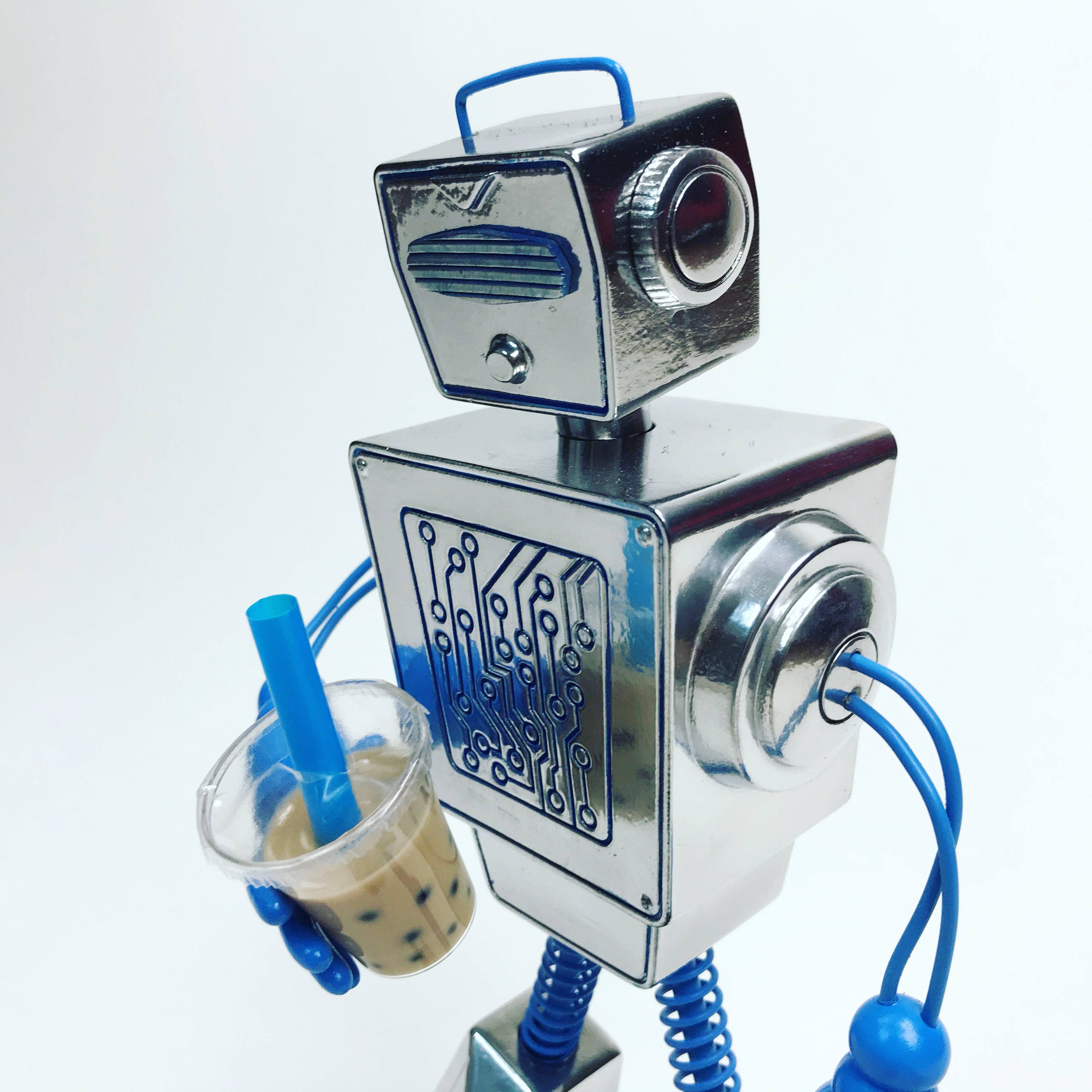With seemingly everything digital these days, from our most important (and private) messages to our email accounts, to even our bank details, it’s more important than ever to keep your information safeguarded against viruses and hackers. It’s not always easy to spot a virus or a scam, and you may not know how to protect yourself. Here are some top tips for avoiding computer viruses, and keeping all your valuable private information safe and sound where it belongs — with you, and only you!
1. Install Antivirus Software
This might seem like the most obvious answer, but not everyone knows about antivirus software, or which ones are safe to download. As long as the software is reputable and has been vetted, go ahead and download it. You won’t even notice it’s there as it runs quietly in the background.
2. Be Discerning With Attachments
You may have noticed that some email services such as Gmail will double-check with you before automatically downloading attachments. This is one of the easiest ways for a virus to find itself on your computer, so make sure you’re diligent in only opening attachments you’re expecting or that you recognize. If you’re not sure who it’s from or what it is, it’s always better to be safe than sorry and not open it at all.
3. Update Your System
It’s easy to ignore that “system update” notification. Who wants to deal with an update while in the middle of using their computer? But make sure you take the time to stay up to date with any software changes. It’ll help with getting rid of any flaws in the old system that would let hackers in. Oh, and make sure to do this on your phone, too!
4. Avoid Fishy Websites
This one’s a little harder, but pay attention to the url of the websites you’re visiting. If it doesn’t look like a real website (say, no .com, .gov, .edu, etc.) or has an odd mixture of numbers instead of a website name, it’s safer to not visit the site.
5. Choose Strong Passwords
Coming up with a long combination of letters, numbers, and punctuation marks feels like a pain, but it’s the safest way to make sure your passwords are difficult to hack, keeping your information better guarded. Tip: don’t use anything that denotes anything personal, like your birthday, pet’s name, first street name, etc.
Malware will always be out there, but luckily you can keep yourself protected as long as you take precautions. How do you keep your information safe from viruses? Let us know in the comments, we always love to hear from you!





Comments
good advices for Avoiding Computer Viruses for sure. thanks
Oh yes, I’ve often skipped that update as I didn’t have time. Not good! If the system crashes you will really not have time to deal with that. Great advice. Been there, done that.
good